

 Ghanaian authorities are battling crime on its shipping route as the country loses about $200 million to foreign ships operating illegally under legal cover.
Ghanaian authorities are battling crime on its shipping route as the country loses about $200 million to foreign ships operating illegally under legal cover.
Ms Emmanuelle Lécuyer, the Public Diplomacy and Visibility Officer for the European Union-Enhanced Maritime Action in the Gulf of Guinea (EnMAR), noting the importance of the maritime sector noted that the security in the shipping route was exposed to piracy and crime, indicating that in 2022 Ghanaian authorities recorded about 60 kilogrammes of drugs intercepted.
She also said about 80 per cent of trade took place on the maritime route and in Ghana, and the sector generated about one billion dollars.
Ms Lécuyer was speaking at a three-day intensive training for journalists under the ENMAR project.
The training is being organised by the Gulf of Guinea Maritime Institute (GoGMI), with funding by the European Union and implemented by Expertise France.
She pointed out that pollution from shipping and coastal activities continued to stress maritime ecosystems, biodiversity, and local communities’ reliance on fisheries; therefore, there was the need for stakeholders to act, she said.
She said the EnMAR project aimed at contributing to improving maritime security and economic prosperity in the Gulf of Guinea, with four main objectives: promoting dialogue among maritime stakeholders, bringing new initiatives in maritime safety and security, and raising awareness of EU actions within the area.
Ms Lécuyer said the aim of the training was to raise awareness of the maritime sector within the Gulf of Guinea, equipping the journalists with the knowledge, tools and equipment to effectively report on complex maritime issues, issuing constructive and advocacy reporting to engage the public and inform policymakers on the needs of the sector.
She said the workshop would also explore key concepts to improve and make the journalists active partners on information, challenges and opportunities in the maritime domain, which would enhance accurate and independent reporting on maritime issues.
It would also serve as a platform for knowledge sharing and interactive sessions between the media and the maritime experts.
Air Vice Marshall Frank Hanson, the Board Chairman of GoGMI, said the Gulf of Guinea required the utmost attention in the country’s national development, adding that it was several times bigger than West Africa and far richer than any continent.?
“It is our Wall Street, IMF, and World Bank combined. Yet, paradoxically, it remains the least spoken about in the public sphere. Our journalists, policymakers, and even communities rarely give it the attention it deserves, even though it is the very foundation of our trade, security, and sustainable future,” he said.?
He said ‘sea blindness’ was the main reason why the Gulf of Guinea does not receive the same attention as other news, stressing that “we talk so little about the ocean that we risk overlooking the opportunities of the Blue Economy and underestimating the threats of maritime insecurity.
“By failing to see the ocean, we fail to see a vital part of who we are and what sustains us as a nation and a region.”
Air Vice Marshall Hanson said in this context, the role of journalists and media practitioners were critical in serving as the bridge between these hidden realities and public consciousness.
The GoGMI Board Chairman reiterated that the training was designed to equip the journalists with the knowledge, tools, and perspectives to cover maritime security and safety with accuracy, depth, and urgency, while shining a light on the vast opportunities that the Blue Economy presented.
He encouraged the participants to be curious, bold, and collaborative, charging them to challenge the silence around the Gulf of Guinea, confronting sea blindness, and using the power of storytelling to inspire policy action, public engagement, and regional transformation.
Rear Admiral Livinus Bessing, the Chief of Naval Staff, charged the media to increase its advocacy to push governments, to effectively equip the Ghana Navy to be able to firmly ensure maritime security.?
He said it was not as though the Navy could not discharge its duties effectively, but rather the lack of logistics and resources had been a big challenge to their operations.
He said it would take journalists and the media to play that kind of advocacy so that governments would see the need to adequately resource the navy, adding that the maritime environment was quite far and could not be easily seen from the shoreline, hence a lot goes on there on the blind side of everyone.
Mr Albert Dwumfour, the President of the Ghana Journalists Association (GJA), stated that the works of journalists mattered profoundly in promoting issues of maritime, adding that too often, maritime issues were treated as technical matters for specialists and remain hidden from the public eye.
However, when journalists make these issues visible and explain the human cost of illegal fishing, the risks of piracy, or the promise of a thriving blue economy, they could do more than just inform, he said.
Source: GNA
The post Ghana loses $200m to foreign ships operating illegally in the country’s waters appeared first on Ghana Business News.
Read Full Story



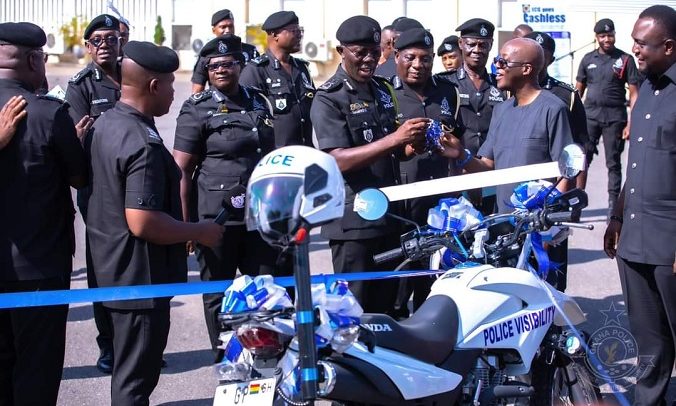
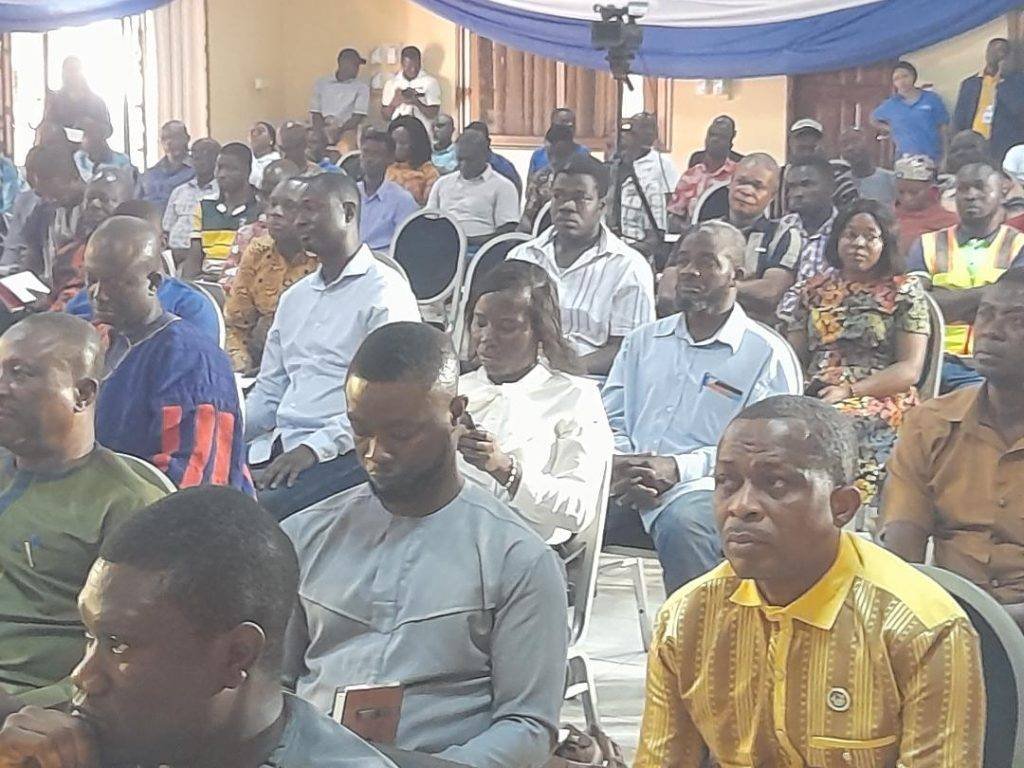
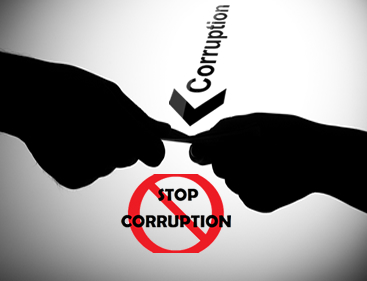


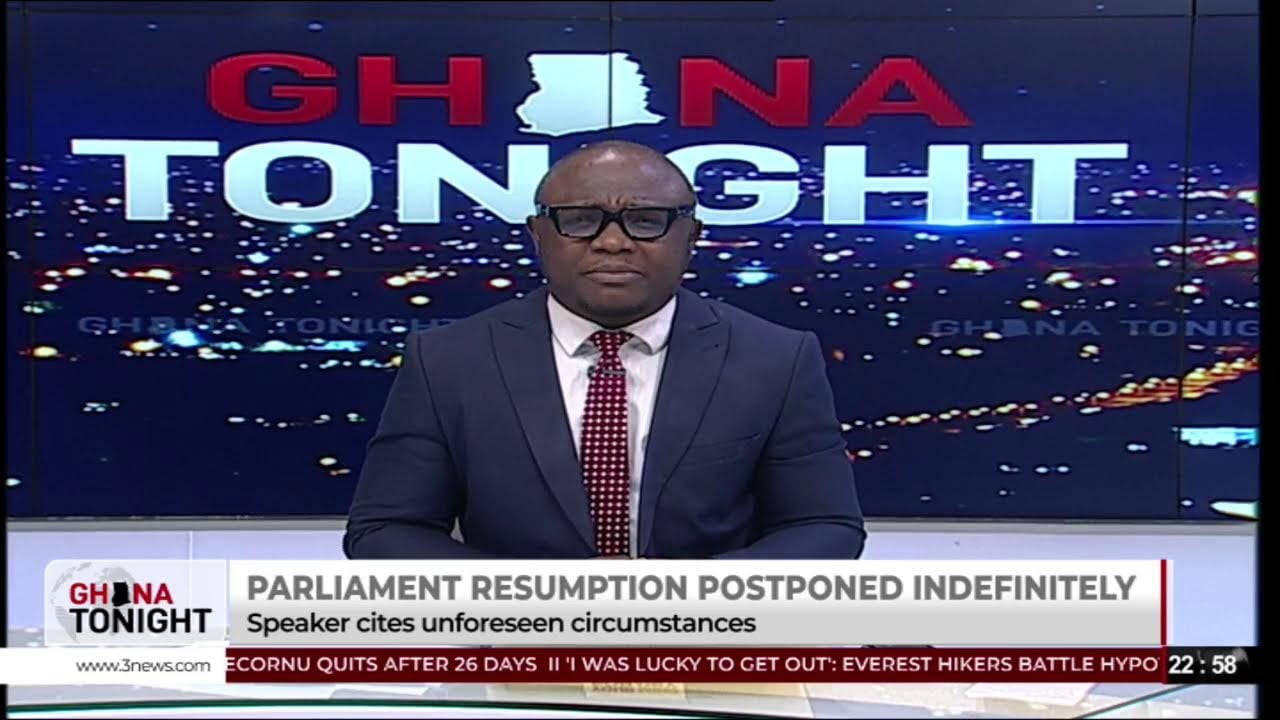
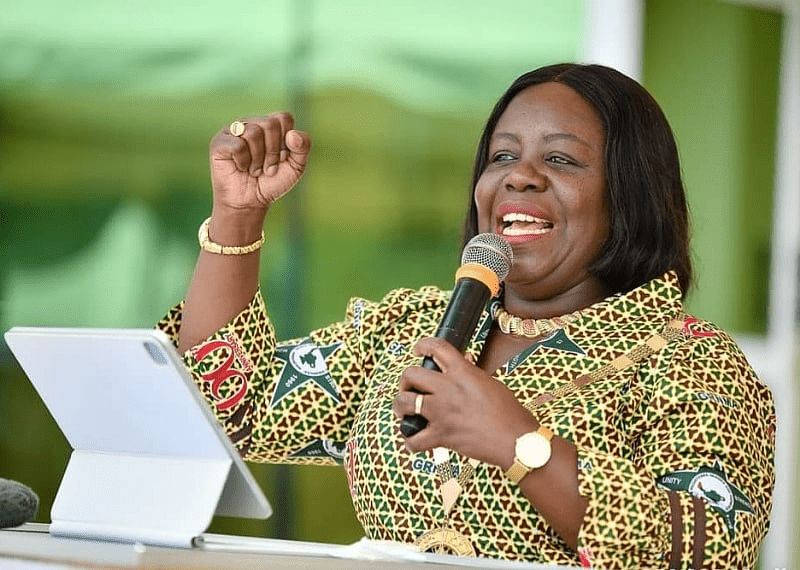
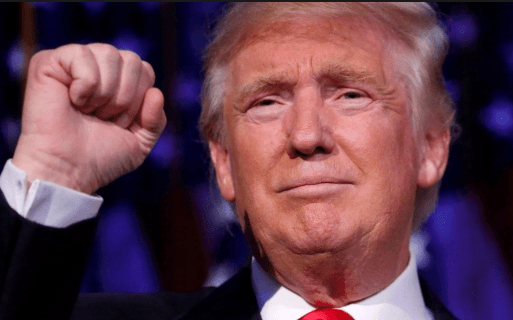



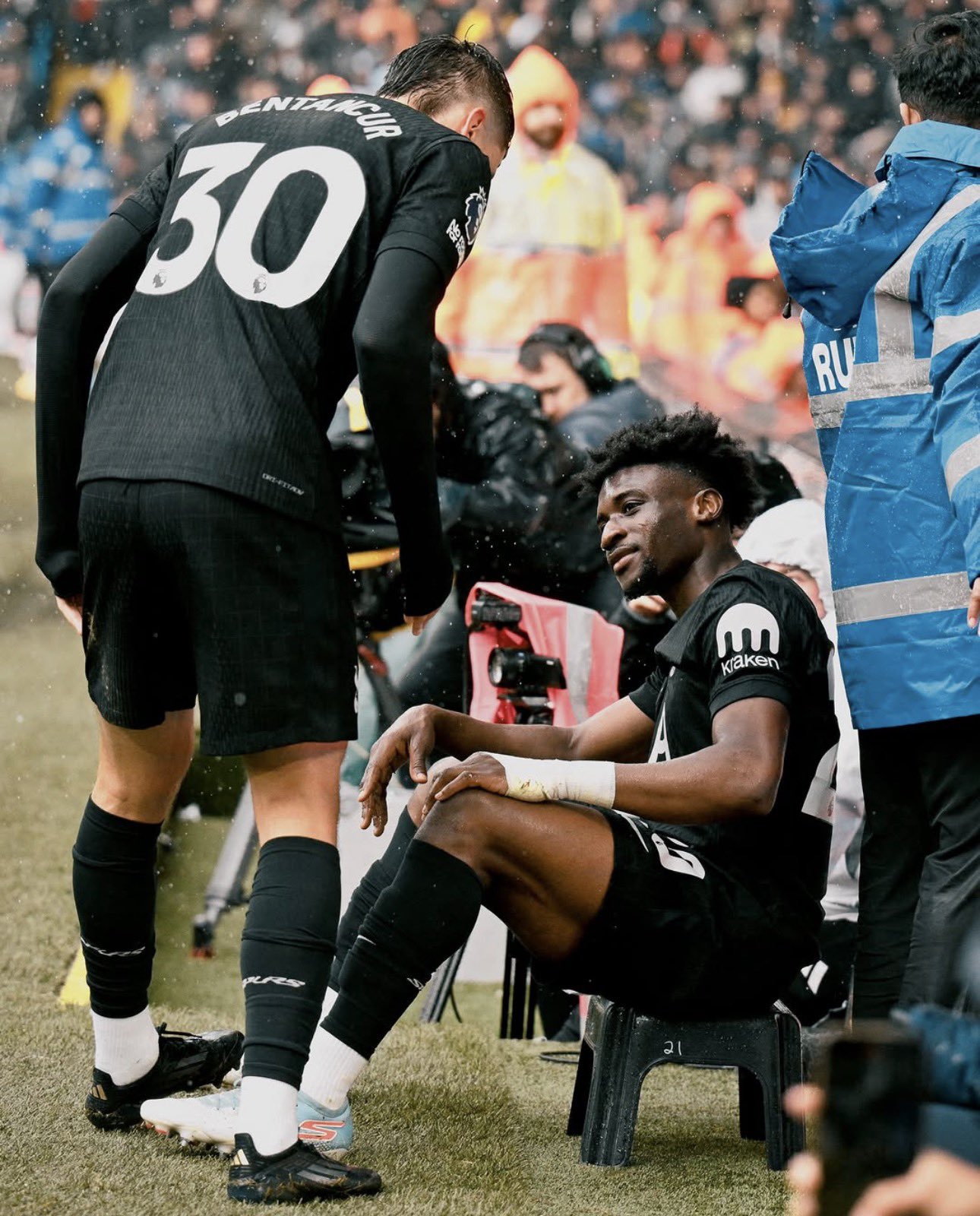



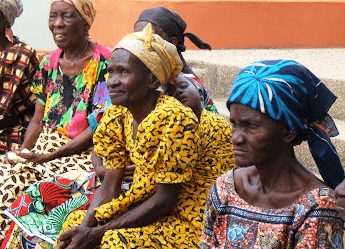



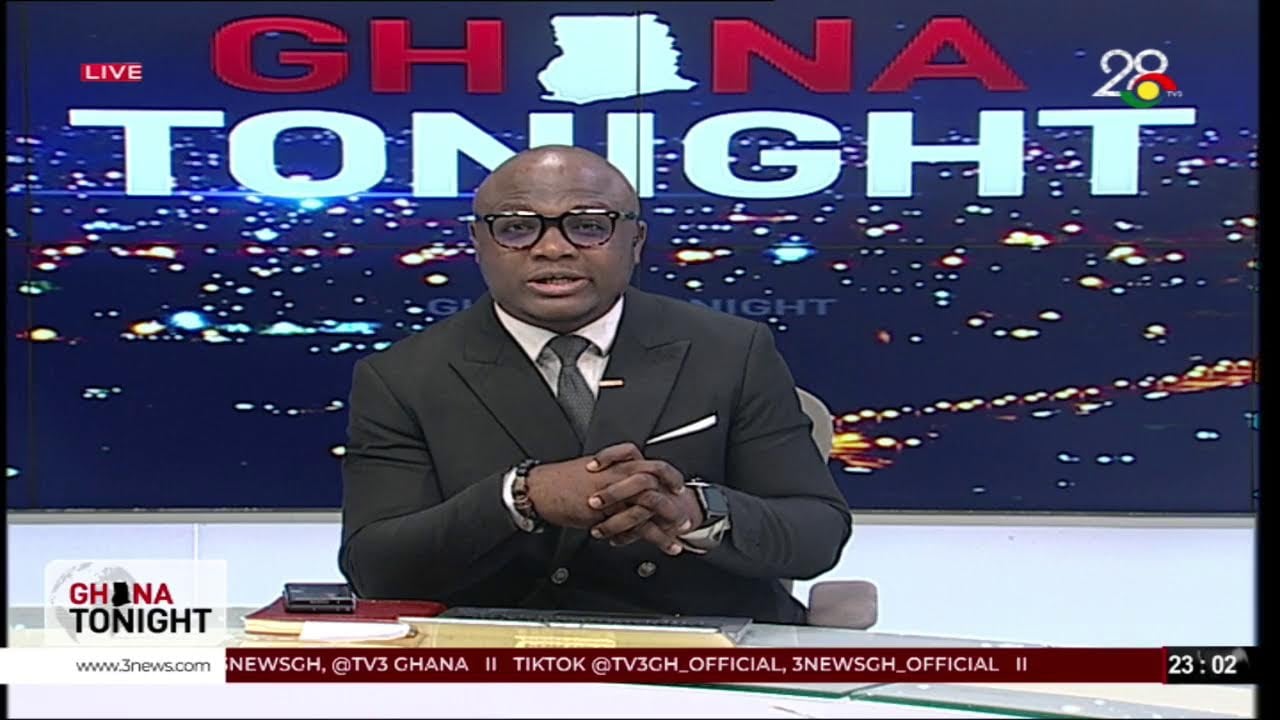
Facebook
Twitter
Pinterest
Instagram
Google+
YouTube
LinkedIn
RSS